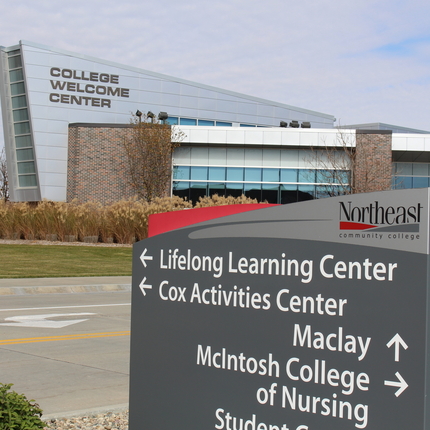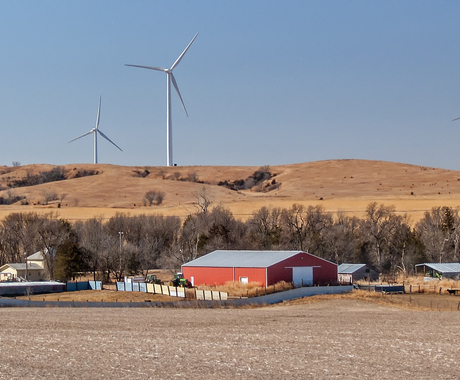The renewable energy industry continues to exceed expectations, rapidly creating demand for a qualified workforce. As the industry continues to grow, parts of the country with significant natural resources will continue to benefit. New sources of clean energy bring numerous economic benefits with each project.
Many community colleges and technical schools in small towns, including Northeast Community College in Norfolk, Nebraska, are offering wind energy technician training programs to meet this growing demand. The program supplies students with the basics they need to pursue a career as a technician and prepares them for the day-to-day duties they will perform on site. Programs like Northeast’s also help contribute to a clean energy economy that benefits rural communities—preparing students to join a growing industry while also affording them the opportunity to return to a rural area.
Benefits coming from the development of wind energy can be found throughout the Midwest and Great Plains. New wind projects in the region have helped increase tax revenues for counties and states, providing support for important local resources like schools, roads, and emergency services. Projects also provide new income for landowners who host turbines in the form of land-lease payments, which can be a big help to farm and ranch families in a struggling economy.
Rural communities often host new jobs that are created by wind projects, too. Temporary jobs are created during the construction phase of projects, and workers typically infuse new money into the economies of the communities near project areas. Once projects go into operation, full-time technicians are responsible for maintaining wind projects and remain close by. These jobs are in the same rural areas as projects are often located, and they provide an opportunity for technicians to move to or return to small, rural communities.
Programs like the wind energy technician training program at Northeast Community College allow rural students to receive a valuable education and move to rural areas. For many students, this means they may move home to their small community or another rural area after graduation. You can learn more about the program at Northeast in this video where instructors and students share their experiences.





